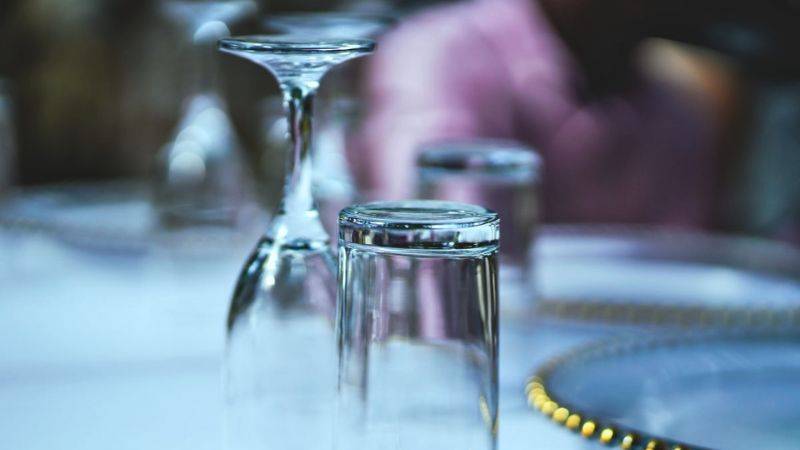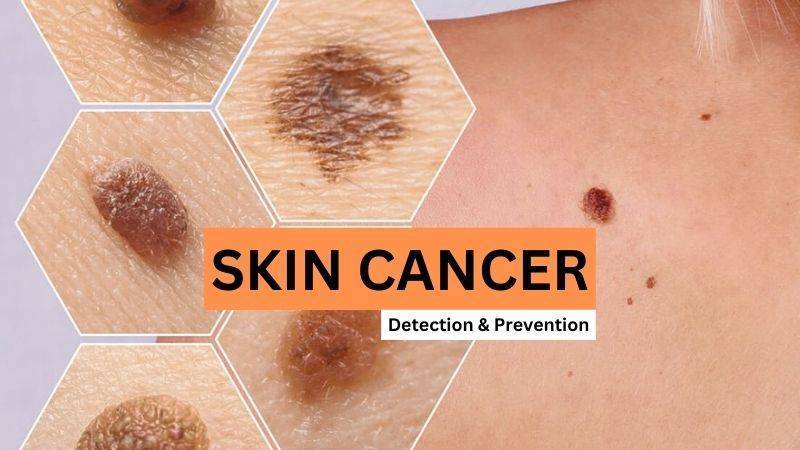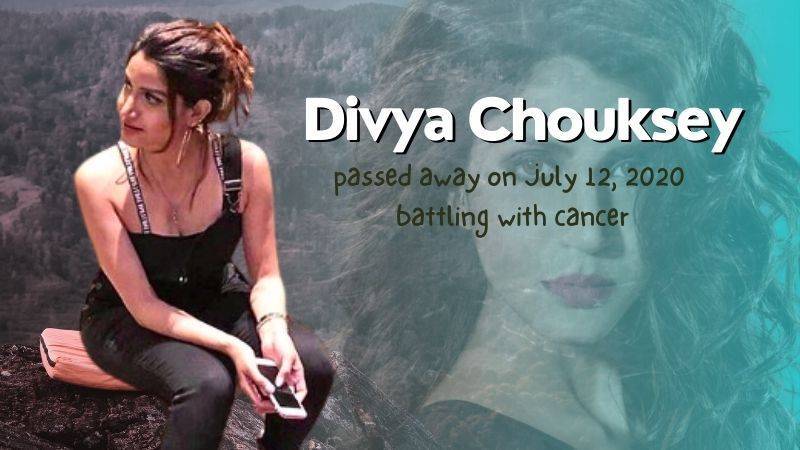Highlights
Sometimes, we don’t realize that alcohol is like a drug until we start to want it too much. If you drink a lot or regularly, you might start to really want alcohol.
You might be at your job and can’t stop thinking about when you’ll have your next drink. These strong wants can feel like you can’t control them.
If you’re drinking even when it’s causing problems, this could mean you have an alcohol problem.
In this article, we’ll explore why we start to crave alcohol and how we can handle these cravings now and for the future.
Why Do We Crave Alcohol?

When you drink, your brain releases a “feel-good” chemical called dopamine, making you want to drink more. Over time, alcohol changes your brain, causing a strong desire to drink, even when it’s causing problems.
This is like the “Pavlov’s dogs” experiment: just as dogs learned to expect food at the sound of a bell, drinkers can associate places or feelings with alcohol, triggering a craving.
Withdrawal symptoms, or discomfort when stopping drinking, can also make you want more alcohol. These cravings can be strongest when you first quit but can happen even years later.
If you crave alcohol a lot when you’re not drinking, this could signal a problem. Everyone’s craving levels differ. Occasional cravings don’t always mean addiction, but constant, intense cravings that disrupt your life may signal a deeper issue.
Cravings often occur as a reflex to a trigger, which could be a memory linked to alcohol or a feeling like stress.
Most people who have cravings identify a combination of internal and external triggers.
Internal triggers usually include memories, thoughts, feelings, or physical sensations that make you want to drink.
For instance:
- Feeling sad
- Experiencing anxiety or stress
- Feeling angry or annoyed
- Experiencing physical pain or discomfort
External triggers are cues in your environment that you associate with alcohol, like places, times, people, and situations.
For instance:
- Going to a restaurant or bar where you usually drink
- Going to a party
- Finishing your workday having an argument with a parent
If this sounds familiar, you’re likely looking for ways to control your cravings and manage your drinking.
Let’s explore some effective strategies:
Tips to Lessen Your Want for Alcohol

You can’t always avoid situations or inner feelings that make you want to drink, so you need various strategies to deal with these urges. Maybe you want to quit or drink less, but you start drinking again when you see others doing it.
Don’t worry. This doesn’t mean you’re weak. Alcohol addiction can be very strong and takes a lot of effort to manage.
Here are some helpful tips that you can start using now to stop drinking and enjoy a life that doesn’t involve alcohol abuse:
Understand What Makes You Want Alcohol
As you go about your day, keep a notebook and write down when you want alcohol, no matter how much or how little. Try to figure out what made you want alcohol (like a place, a person, or a situation).
This can help you expect when you’ll want alcohol and plan how to handle it. For example, if you’re going to be around people drinking, decide on a non-alcoholic drink to order, know how you can leave, and have someone you can call for help.
Talk about it with someone you trust
Have a good friend ready to talk on the phone, or take them with you for support in situations where you might want to drink.
Stay Busy
You might find that you want alcohol the most when you’re not doing anything. This might be because you think being bored means you need to drink.
But keeping busy with fun activities can help distract you from wanting alcohol. Spending time with family and friends and doing things you enjoy like
- Texting or calling someone
- Watching online videos
- Exercising to music
- Taking a shower
- Meditating
- Walking
- Doing a hobby
can also stop you from wanting alcohol, as you’re having fun without drinking.
Remember the Bad Results
A good way to stop wanting alcohol is to think about the bad things that will happen if you drink. Drinking too much alcohol can make mental health problems like depression or anxiety worse, or lead to alcohol addiction.
Alcohol addiction can hurt you and the people you care about, so it’s not worth giving in to wanting alcohol, even if you think it’s just for one time.
Use Mindfulness and Meditation
It’s okay to want alcohol, as long as you don’t just give in. Mindfulness and meditation can help you be aware of unhealthy wants, without acting on them. These practices help you just notice when you want alcohol, without feeling like you have to drink.
Let the urge pass without giving in
Don’t fight the urge, but accept it as normal and temporary. As you let it pass, remember that it will soon peak like a wave and then fade away.
Long-Term Ways to Lessen Wanting Alcohol

For many, addiction is a lifelong battle. But, it can be treated effectively. To stop wanting alcohol for good, the best way is to join alcohol addiction treatment programs.
The treatment for alcoholism should be based on science and made to fit your needs.
Here are some treatments that might help you stop wanting alcohol:
Talking Therapy
With a trained therapist, you can understand why you’re addicted and help fix any old hurt or abuse that might be making you want alcohol now. Therapies like cognitive behavioral therapy (CBT) can also help you learn good ways to handle stress and any mental health problems without needing to drink or use drugs.
Support Groups
Going to a support group regularly is another way to stop wanting alcohol. In a support group, other people in recovery can remind you of the harm that comes from drinking too much and share their own tips about how they stopped wanting alcohol.
Support groups can also offer encouragement and help you stay on track.
Medications
Sometimes, medicine is needed to stop or at least lessen the want for alcohol. There are three medicines approved by the FDA for wanting alcohol:
- Naltrexone (Revia or Vivitrol)
- Acamprosate (Campral)
- Disulfiram (Antabuse)
Note that these need to be prescribed and supervised by a healthcare provider.
Drinking too much alcohol and alcoholism can be treated. With the right help, including a supportive rehab team, you can live a happy life without alcohol for good.
How Medicine Can Help

Managing alcohol cravings by yourself can be hard, and there’s no shame in needing extra help.
Medicine can be another way to deal with strong and constant cravings:
- Naltrexone (Vivitrol, Revia) works by sticking to your endorphin receptors and blocking the effects of alcohol. It can help lower cravings, decrease how much you drink, and make it easier to stay sober once you stop drinking.
- Acamprosate (Campral) also helps to lessen cravings. Some studies suggest it might work a bit better to keep you sober after you’ve stopped drinking. This medicine seems to help fix imbalances in the brain caused by alcohol and make withdrawal symptoms easier.
- Disulfiram (Antabuse) doesn’t stop cravings directly. Instead, it can make you less interested in drinking because it makes your body have a hard time processing alcohol. If you drink while taking this medicine, you’ll feel sick and unwanted effects like throwing up, having a headache, and sweating. It’s not given out as often as before, but it’s still an option.
Want to try medicine for alcohol cravings? A doctor or psychiatrist can give you more information and help you think about treatment options.
Some antidepressants may also help. Trusted Source reduce drinking if you’re dealing with depression. Your care team might suggest this if you’re having anxiety and depression symptoms along with cravings.
Take Care of Yourself!
Also Read





